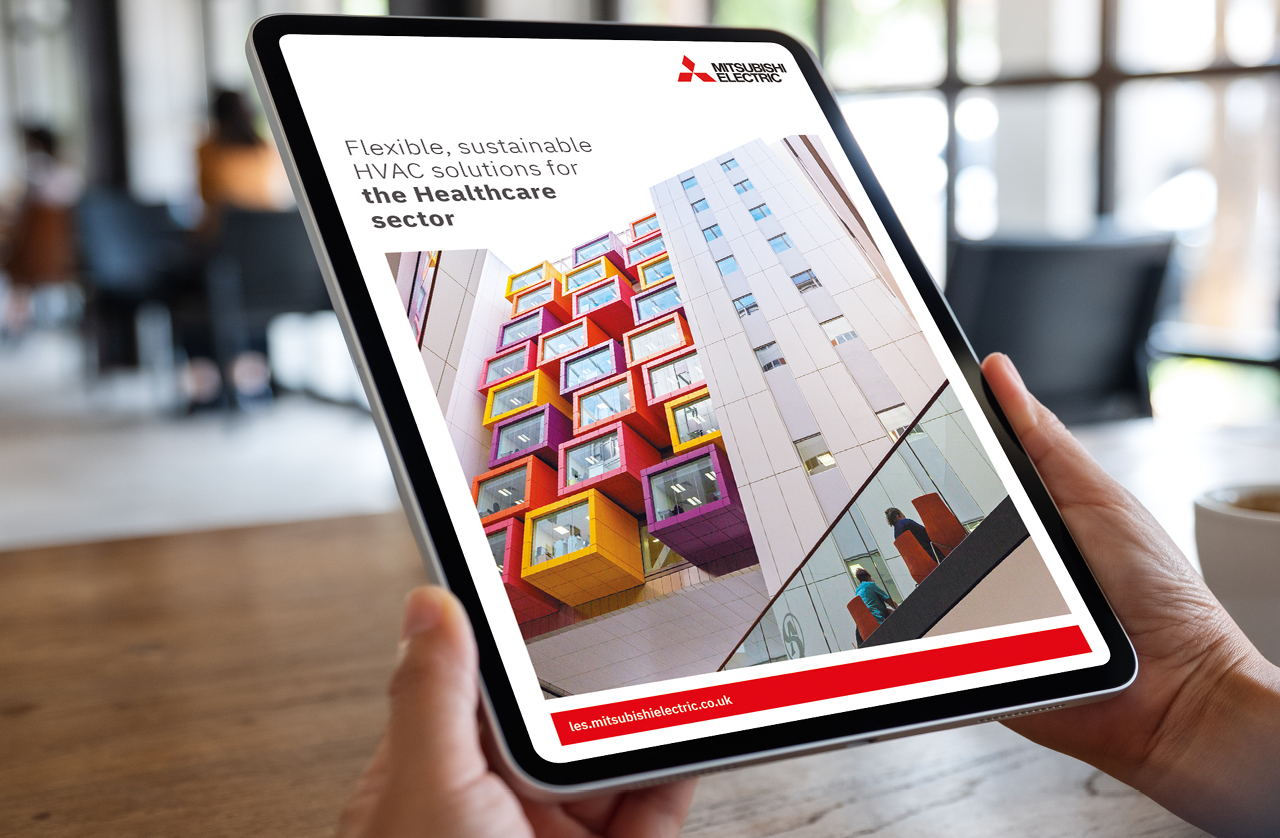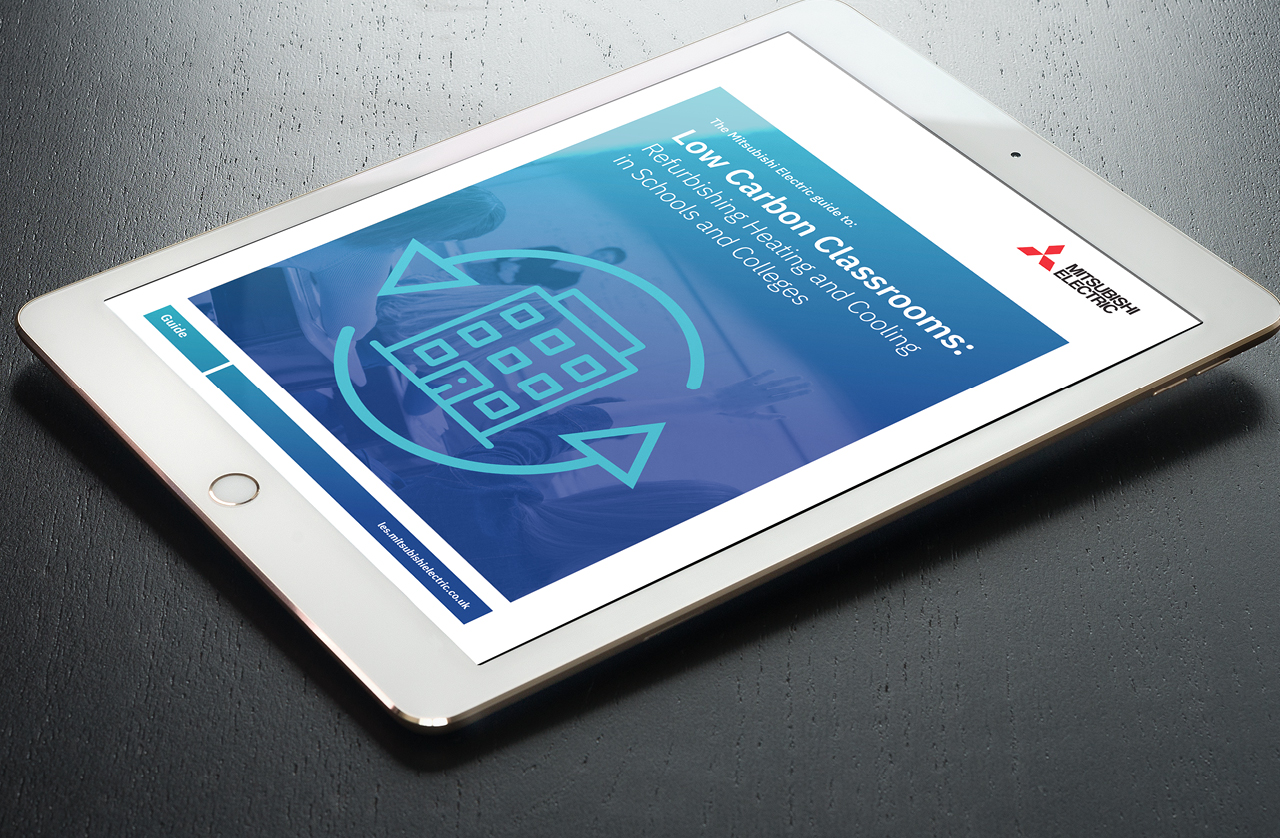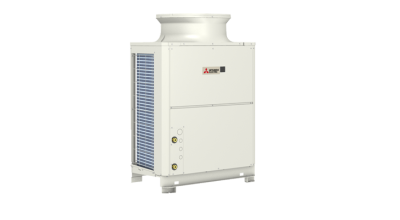Decarbonisation and the built environment - An insight for M&E contractors
Fossil fuel heating and hot water systems account for 40% of UK carbon emissions. Decarbonising our heat is one of the most important steps we must take to achieve Net Zero.
M&E contractors are at the forefront of the low-carbon heating revolution. By advising clients and customers, you can help to reduce our reliance on gas and oil for heating and hot water.
In 2023, renewable electricity generation increased to 44.5%, outpacing fossil fuel share for the fourth quarter. The growing use of renewables such as wind, solar and biomass means that electric heating in the form of heat pumps is one of the best alternatives. M&E contractors can take the lead in helping customers in all sectors understand how they can make the most of this technology.
The government is supporting heat decarbonisation with grants. One example is the Public Sector Decarbonisation Scheme (PSDS, also known as the Salix Scheme). This offers financial support to public sector organisations to switch to low-carbon heating systems in buildings such as schools, universities, council sports facilities and NHS hospitals.
Mitsubishi Electric heat pumps are already being used across thousands of homes, offices, schools and universities. One recent example is Salford Civic Centre, where older gas and oil boilers were replaced with Mitsubishi Electric CAHV heat pumps to provide space heating and DHW.
M&E contractors can grasp the opportunities of decarbonisation by understanding the legislation. objectives and technologies behind this national programme. Mitsubishi Electric has put together this information pack to explain some of the key concepts around low-carbon heat. Our aim is to provide a resource and to open a conversation about how we can work together to deliver buildings for a better, low-carbon future.
I’d like to take the opportunity to thank those who contributed to the information, including customers who gave us permission to case study a selection of projects.





